Israel’s Health Ministry confirmed 3,843 new coronavirus cases on Tuesday morning. However, only 33,119 people were tested on Monday, meaning that the percentage of positive results hit a record 11.6%.
There are currently 50,563 active virus cases, with 668 seriously ill patients, of whom 169 are ventilated. The death toll has risen to 1,285.
Israel’s coronavirus cabinet convened on Tuesday afternoon to discuss tightening the parameters of the current lockdown, which would render it similar to the stricter closure imposed before Pesach. The restrictions would include further limiting the number of employees allowed in private workplaces and more strictly enforcing limits on gatherings, including the closure of shuls and limiting even outdoor minyanim. The closing of all outdoor markets, even those for Arba Minim, is also under discussion.
Chief Rabbi Dovid Lau warned against closing shuls in a phone consultation with Prime Minister Binyamin Netanyahu, Health Minister Yuli Edelstein, and National Security Council head Meir Ben-Shabbat on Tuesday, saying that the public will not be able to abide by it.
“If there isn’t enforcement on other gatherings then you can’t close just the shuls, people won’t listen,” Rav Lau said.
(YWN Israel Desk – Jerusalem & AP)

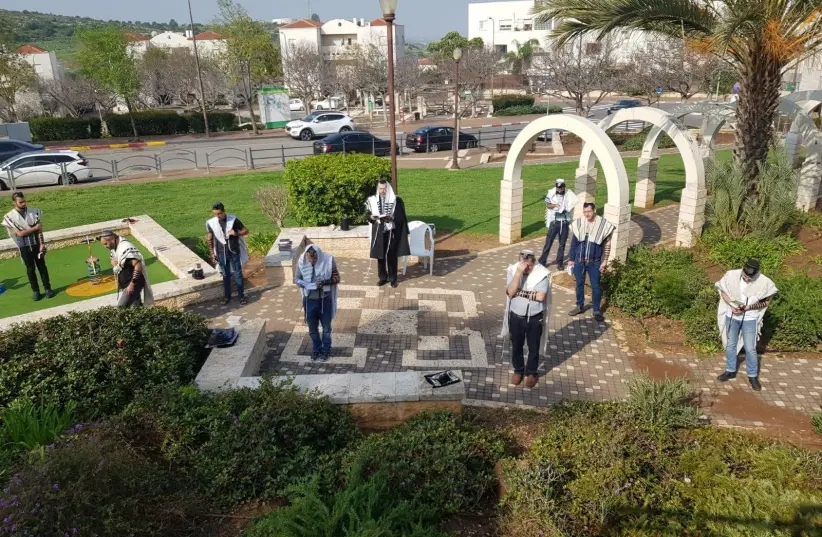
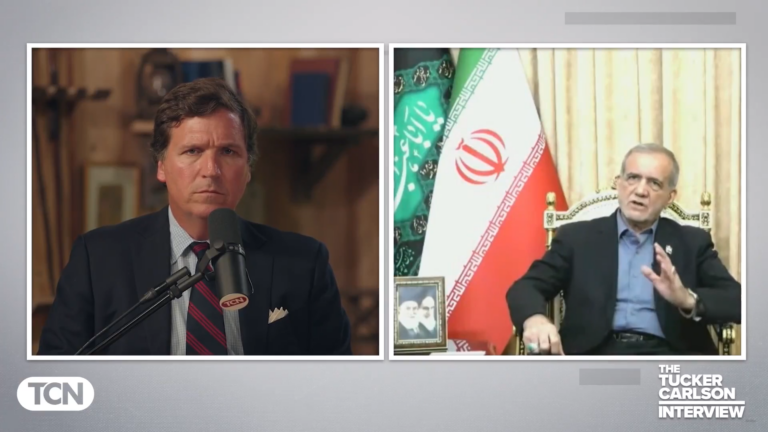


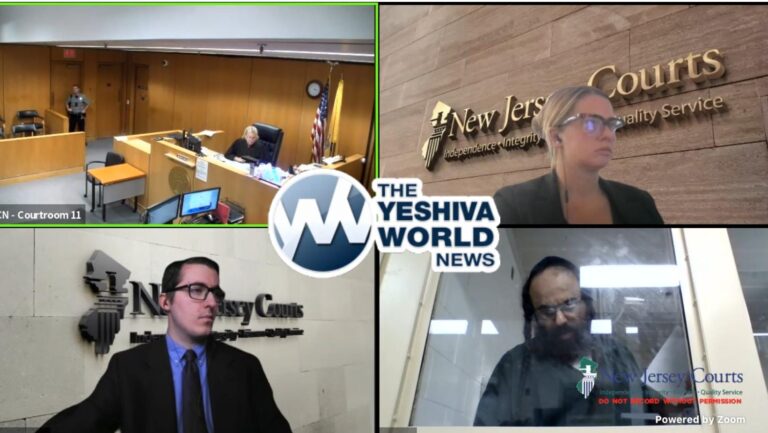

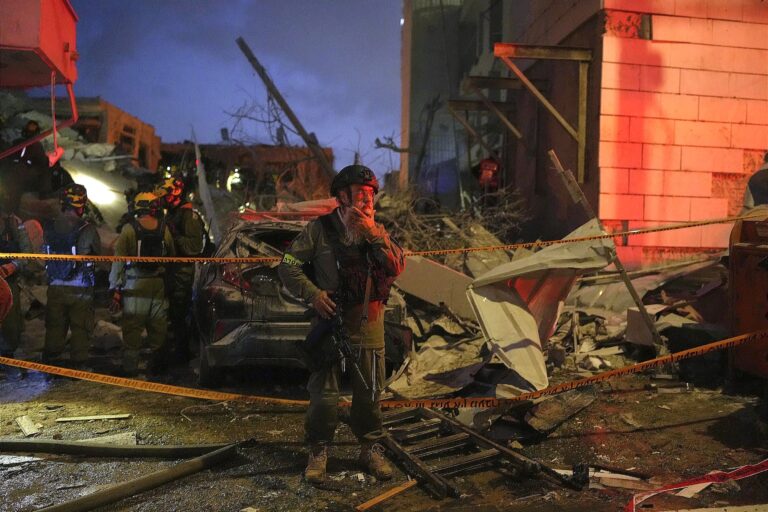
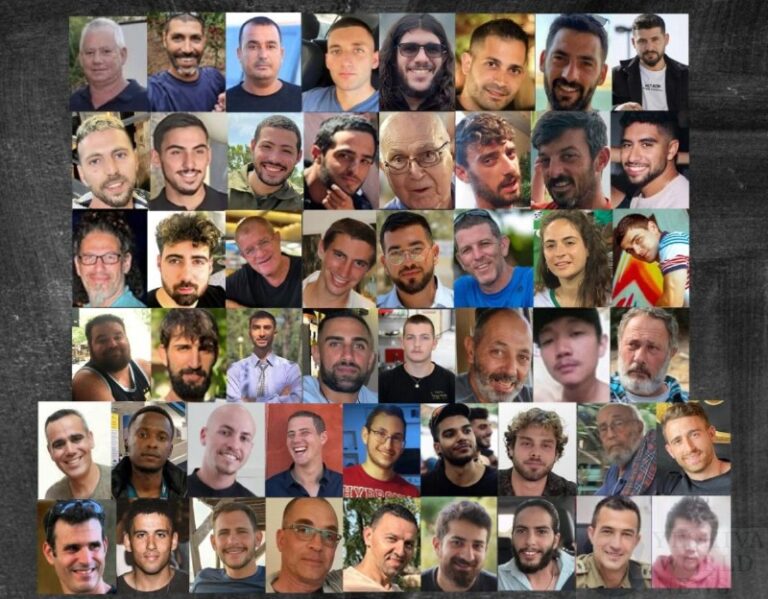



3 Responses
“If there isn’t enforcement on other gatherings then you can’t close just the shuls, people won’t listen,” Rav Lau said. But they shall definitely listen to President Donald Trump, who clearly understands that Houses of Worship are ESSENTIAL needs.
Rav Lau’s point about treating Shuls different from other gatherings is the key point. The answer is not to open Shuls further – it’s to limit other gatherings more strictly. Outdoor Minyanim are fine Halachicly (though I’ll be the first to admit that they’re not as comfortable as an indoor, air-conditioned, Minyan), and are necessitated by Pikuach Nefesh.
an Israeli Yid
Close EVERYTHING other than pharmacies and food markets for several weeks with NO exceptions. Rav Lau is correct that arbitrary rules will not be enforceable. No reason to leave a gym or coffee shop open while closing shuls and yeshivos. A short-term closure will not eliminate the virus but will reduce the infection rate substantially so that hospital admissions will be manageable until vaccines are available for first responders, the elderly and immune compromised individuals sometime early next year. We’ve already managed with outdoor minyanim so a few months longer will be a small price to pay for slowing spread and saving some lives.